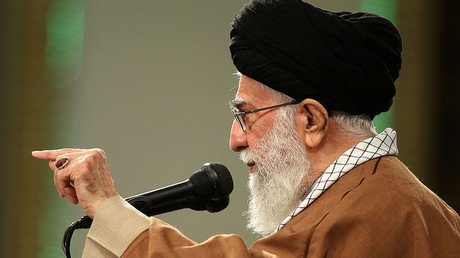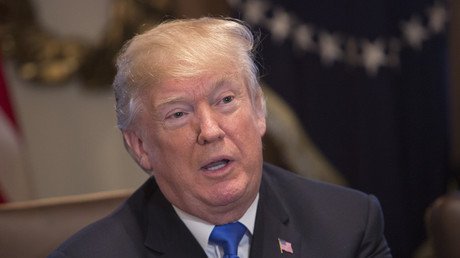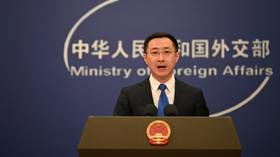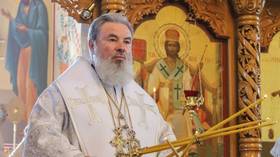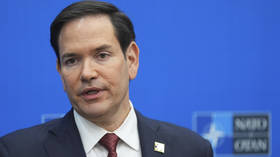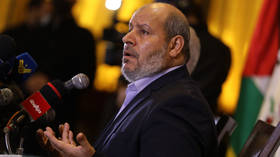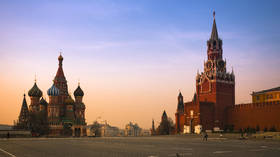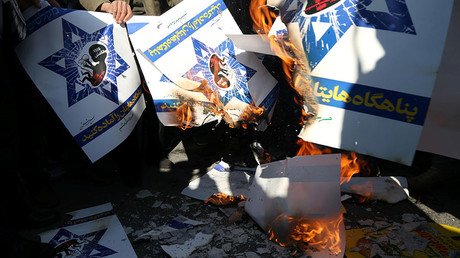US tried to play 'controlled chaos' among Muslim nations and lost – Iran
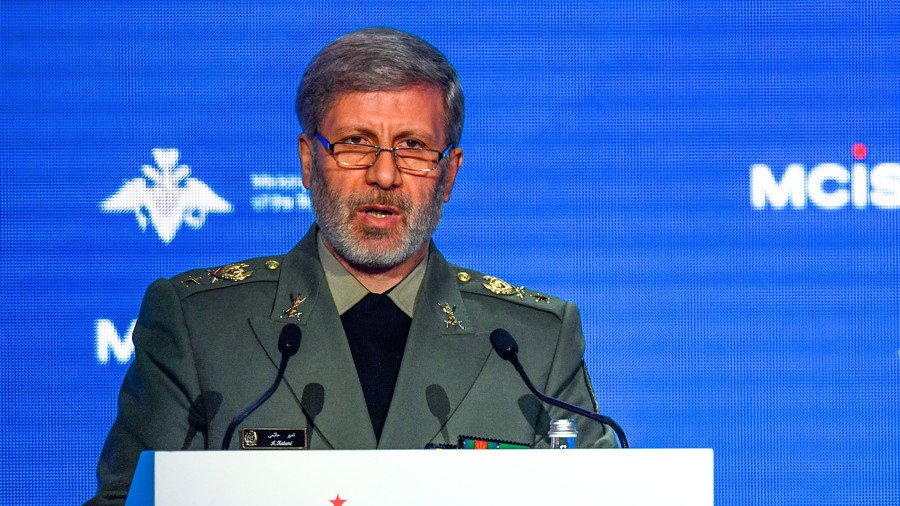
The rise and fall of Islamic State in Syria was a classic game of US 'controlled chaos' in the region, Tehran believes. The Middle East needs to block such meddling with new security architecture, based on mutual dependence.
Today the Middle East is in constant turmoil because several key players like Israel, Saudi Arabia and Iran are in a constant antagonistic confrontation with one another. This situation only fosters extremism and prevents regional integration, which allows foreign players like the United States stir trouble in the region while pursuing its self-interest, Iranian Defense Minister Amir Hatami told a security conference in Moscow.
Unless the Muslims of the region are able to overcome their differences, they will be victimized, the Iranian official said. The current transition of the world towards multipolarity, which tilts the balance of power away from the West, offers a chance to do that.
"The most important result of the change is the transition of political and economic power from the Western hemisphere to the Eastern one, from the Atlantic to East Asia. For the first time in four centuries [changes] are not dependent on West's will only," he said.
He said the change will seriously affect "the region of Western Asia, which has been called the Middle East by mistake for quite some time". The Muslim nations of the region are set to undergo a rapid growth in the economic and political power at their disposal, the general said, and some nations, like the US, are profoundly concerned about this.
"They know well that a united Muslim world would form a powerful center of security and geopolitical power. This is why they take much effort to sow discord and pit countries against each other," he said.
The Iranian said Washington has been bringing trouble into the Middle East for decades and that the rise of the terrorist group Islamic State (IS, formerly ISIS) was just one element of this containment of Muslim nations. He added the poor performance that the US-led anti-IS coalition demonstrated before 2015 (when Russia intervened in Syria to help its government fight against Islamist groups) was evidence of that. The US "played a game of controlled chaos to manage this terrorist group," according to the official.
Hatami added that the defeat of the group was de facto a blow to American Middle East policies and that the US "will try to fill the vacuum" left by IS by fostering other conflicts in Syria, pitting various players there against each other.
"As long as [the] American government puts its self-interest as the cornerstone of its foreign policy and avoids accountability for its recklessness in international relations – which is unlikely to change with Donald Trump and his team in charge – we can only expect more threats and more complications for the region," he said.
Hatami was one of the speakers at a panel at the 7th Moscow Conference on International Security, currently underway in the Russian capital. The high-profile event in the Russian capital is being attended by delegations from 95 nations. Speaking at the same event were military and civil officials and leaders from Russia, Syria, Pakistan and Afghanistan, and from the United Nations.
Russian representative Gen. Sergey Rutskoy, the head of operations in the Russian general staff, gave a brief report on Russian military intervention in Syria and Moscow's reasoning behind operations in Aleppo and Eastern Ghouta, which involved the mass evacuation of civilians and the forced deportation of armed fighters. He said it was a better alternative than flattening the cities the way the US-led coalition did with Raqqa.
Ramzy Ezzeldin Ramzy, the UN's Deputy Special Envoy for Syria, said Russia's insistence on the military defeat of IS proved to be wiser than the position of the nations that preferred to have the terrorist group simply contained.
"It was a terrible mistake for some to advocate a containment strategy against Daesh or to declare that degrading Daesh would be sufficient," he said, calling the group by its Arabic name.
"On the contrary, those who insisted on defeating and uprooting Daesh have proven to be fully aware of the true essence of this terrorist organization, that comes as a threat to regional as well as international peace and security architecture."
Ramzy added that defeating IS, a global phenomenon, required an equally international effort. He also stressed that the group's rise happened in places where the government institution that could have countered it "was either weak or non-existent". He said: "Vacuum is a magnet for terrorism".
Think your friends would be interested? Share this story!
